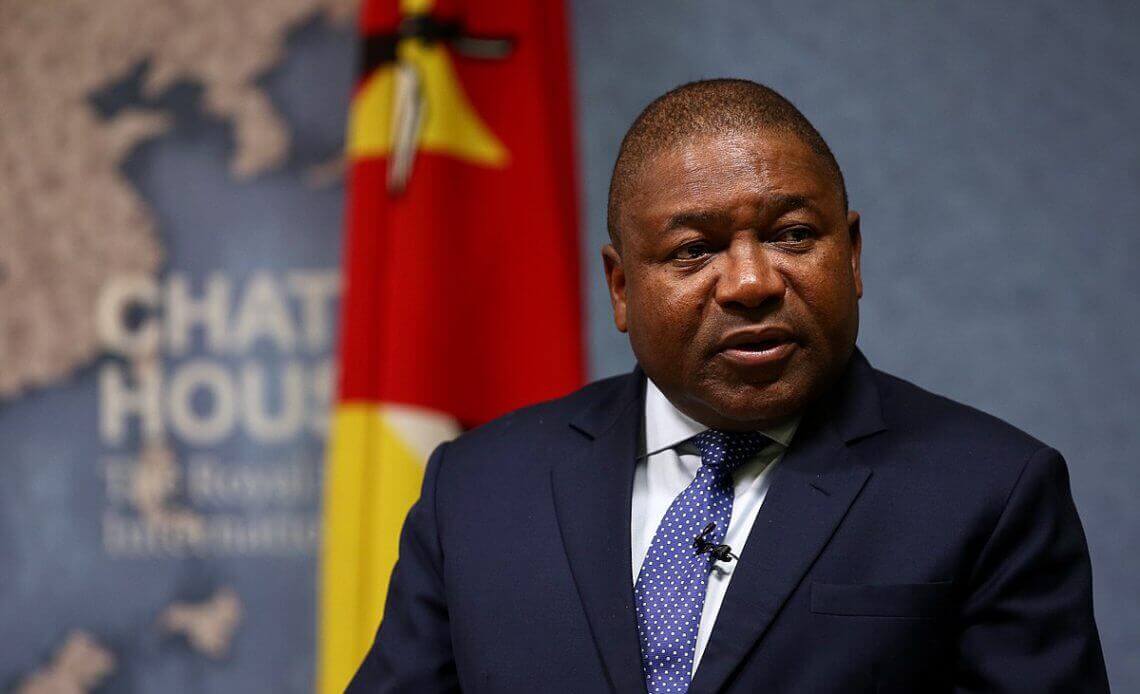On Wednesday, heads of state from the 16 members of the Southern African Development Community (SADC) met in Maputo, Mozambique to discuss a regional response to the Islamist insurgency in the northern Cabo Delgado province. At the meeting, the leaders agreed to deploy troops to bring an end to a conflict that has displaced over 800,000 people and killed around 3,000.
Though the SADC has approved the deployment of the Community’s standby force, no detail has been provided on how many or when troops would be deployed or what role they will take up. The summit was also used to discuss issues such as food security, gender equality, and public health.
A statement released by the SADC’s executive secretary, Stergomena Tax, said, “[The] SADC Standby Force in support of Mozambique to combat terrorism and acts of violent extremism in Cabo Delgado.”
In fact, this is not the first time the SADC has discussed the deployment of troops to Mozambique. In early April, at another heads of state summit in Maputo, member states announced the launch of a “proportionate regional response” through an “immediate technical deployment.”
Following this meeting, the leaders agreed to convene an Extraordinary Meeting of the Ministerial Committee of the Organ by the end of April. However, the meeting, which was scheduled for 29 April, was cancelled one day before taking place.
The reason was suspected to be Mozambican President Filipe Nyusi’s reluctance to approve the presence of foreign troops in the country. Nyusi has previously stressed on Mozambique’s sovereignty, saying, “Those who arrive from abroad will not replace us, they will support us. It is not empty pride. It is a sense of sovereignty.” He has also indicated his reticence to invite foreign troops unless it is clear what value they offer.
Nyusi has instead preferred to rely on mercenary and private military companies like Dyck Advisory Group (DAG) for specific and targeted missions to “protect mining installations and offshore rigs.”
Peter Fabricius of the Daily Maverick, a South African online newspaper, posits that aside from the matter of pride, wherein he is reluctant to be seen as a weak leader who needs foreign assistance, Nyusi may also be worried about the SADC uncovering corruption. There are allegations that senior officials within the ruling Frelimo party are involved in the trafficking of drugs and natural resources in the crisis-torn Cabo Delgado region. Therefore, the increased spotlight that foreign intervention would bring could endanger any foreign assistance Mozambique receives and the legitimacy and credibility of the government. For instance, the United States (US) recently announced a grant of $30 million to the World Food Programme (WFP).
The oil and gas-rich province of Cabo Delgado has become a battleground for Islamist groups in the region, who have been linked to both the Islamic State (IS) and Somali terror group al-Shabab. The continued violence has already claimed over 2,600 lives led to the displacement of more than 700,000, many of whom are fleeing to neighbouring countries, including Zimbabwe, eSwatini, South Africa, and Zimbabwe.
Aside from the humanitarian crisis, it has also led French energy giant Total to abandon its $20 billion liquefied natural gas (LNG) project.
Against this backdrop, it is hoped that the latest announcement of the deployment of foreign troops could strengthen the response of counter-insurgency operations.
SADC Agrees to Deploy Troops to Mozambique’s Crisis-Torn Cabo Delgado Region
Though the SADC has approved the deployment of the Community’s standby force, no detail has been provided on how many or when troops would be deployed or what role they will take up.
June 24, 2021

Mozambican President Filipe Nyusi SOURCE: PLATAFORMA
